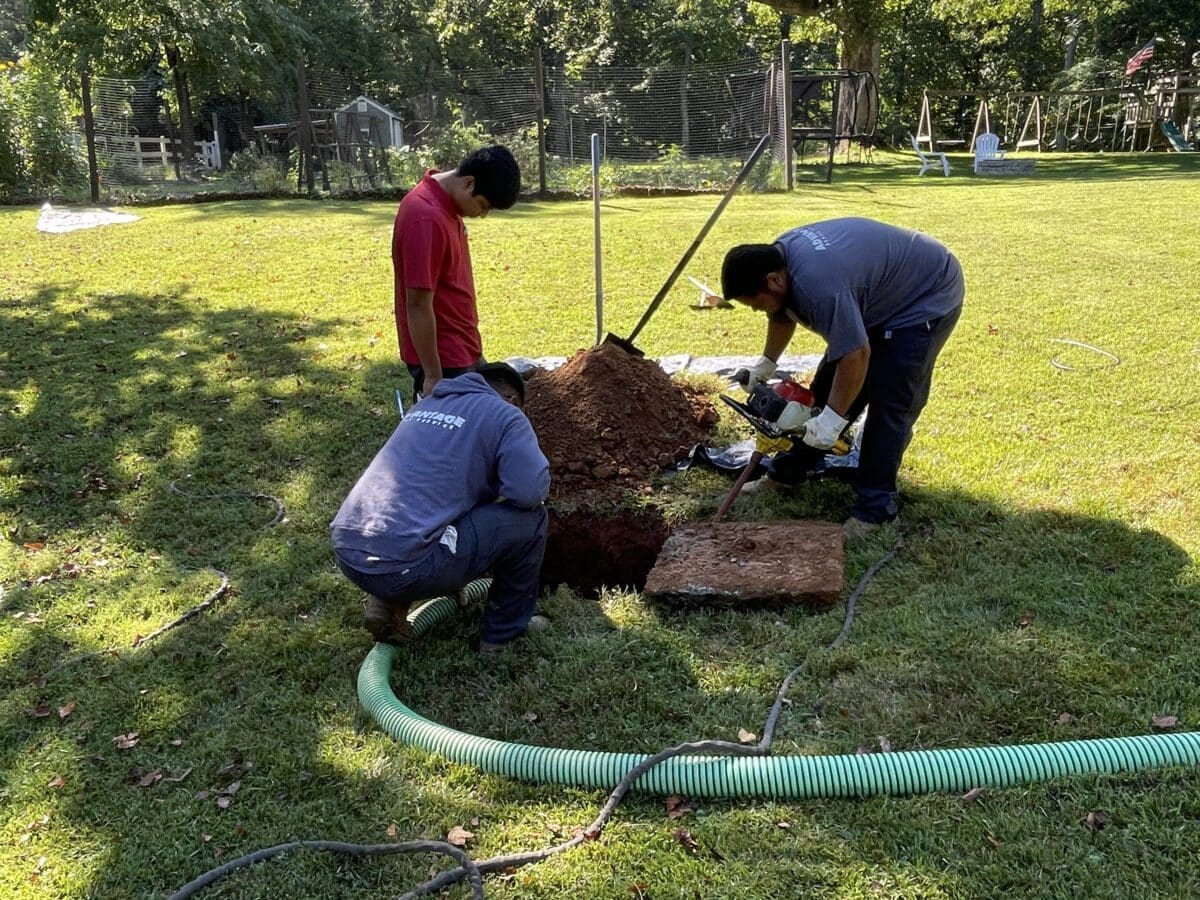
What is a Septic Inspection?
If you own a home with a septic system or are considering purchasing a property that relies on one, understanding what a septic inspection involves is crucial. A septic inspection is a detailed examination of a septic system to ensure it is functioning correctly and safely. This process can help prevent costly repairs and environmental damage, ensuring the longevity of your septic system. In this article, we will explore what a septic inspection entails, why it is essential, and how you can benefit from professional services.
What is a Septic Inspection?
You should always ask for a comprehensive evaluation of a septic system of a septic system, which includes the tanks, drain field, and other components like pumps, controls, alarms and any alternative treatment units. The primary goal is to assess the system’s condition, identify any issues, and recommend necessary repairs or maintenance. This inspection should only be conducted by properly licensed professionals who have the expertise and equipment to perform a thorough evaluation.
Components of a Septic Inspection
A standard septic inspection typically includes the following steps:
1. System Location and Mapping: The inspector will locate all parts of the septic system, including the tank, drain field, and access points. This step is crucial for understanding the layout and identifying any potential issues.
2. Visual Inspection: The inspector will examine the septic tank and its components for signs of damage, such as cracks or leaks. They will also check the condition of the baffles, filters, and other internal components.
3. Sludge and Scum Levels: Using specialized tools, the inspector will measure the levels of sludge and scum in the septic tank. Excessive accumulation of these materials can indicate that the tank needs pumping or that there are other underlying issues.
4. Drain Field Evaluation: The inspector will assess the drain field to ensure it is functioning correctly. They will look for signs of failure, such as wet or spongy areas, unpleasant odors, or lush vegetation growth, which can indicate that the system is not dispersing effluent properly.
5. Mechanical and Electrical Components: If the septic system includes mechanical or electrical components, such as pumps or alarms, these will also be inspected to ensure they are in good working condition.
6. System Function Testing: The inspector may conduct tests to check the overall functionality of the septic system, including water flow and pressure tests.
Importance of Septic Inspections
Septic inspections are essential for several reasons:
1. Preventative Maintenance: Regular inspections help identify minor issues before they become major problems, saving you money on costly repairs.
2. Property Transactions: If you are buying or selling a home with a septic system, a septic inspection is often required to ensure the system is in good condition. This can affect the property value and the terms of the sale.
3. Environmental Protection: A malfunctioning septic system can contaminate groundwater and nearby water sources, posing significant environmental and health risks. Regular inspections help mitigate these risks.
4. Regulatory Compliance: Many local jurisdictions have regulations requiring periodic septic inspections or septic tank pumpout. Staying compliant with these regulations can prevent legal issues and fines.
When to Schedule a Septic Inspection
The frequency of septic inspections depends on several factors, including the age and condition of the system, the size of the household, and local regulations. Generally, it is recommended to have your septic system inspected every three to five years. However, if you notice any signs of trouble, such as slow drains, sewage backups, or foul odors, you should schedule an inspection immediately. If your system has alternative components or an effluent filter, annual inspections are required.
Hiring a Professional for Septic Inspections
Septic inspections must be performed by a properly licensed septic inspector for the state in which you reside. Licensed septic inspectors have the knowledge, experience, and tools to perform a thorough evaluation. They can identify issues that may not be apparent to the untrained eye and provide expert recommendations for maintenance and repairs.
Understanding what a septic inspection entails and the importance of regular inspections can help you maintain a healthy and efficient septic system. Whether you are a homeowner or a prospective buyer, Advantage Septic Service is a trusted name in septic system inspections and maintenance. We have years of experience in the industry and a team of certified and licensed professionals who are well-versed in all aspects of septic system inspections.
Scheduling a septic inspection with Advantage ensures that your system is in good hands. By taking proactive measures, you can avoid costly repairs, protect the environment, and ensure the longevity of your septic system. For expert septic inspections and services, Contact Advantage Septic Service today.
